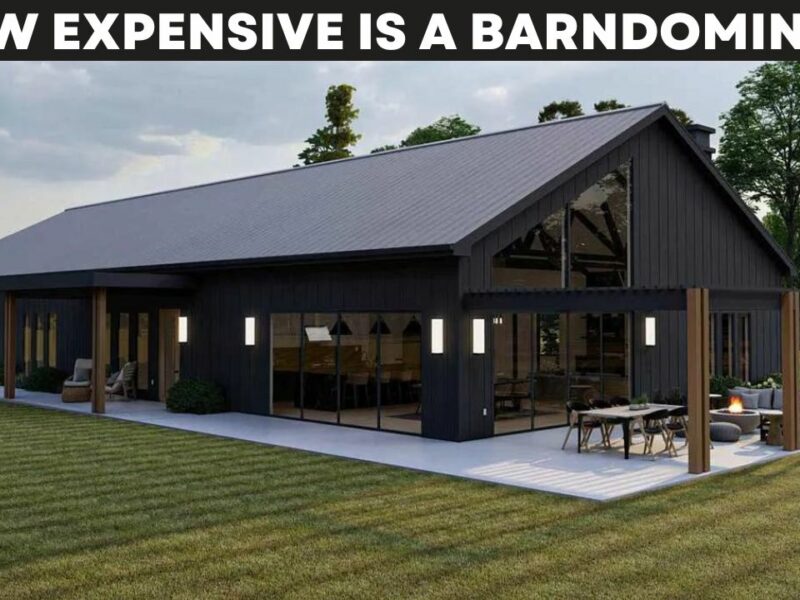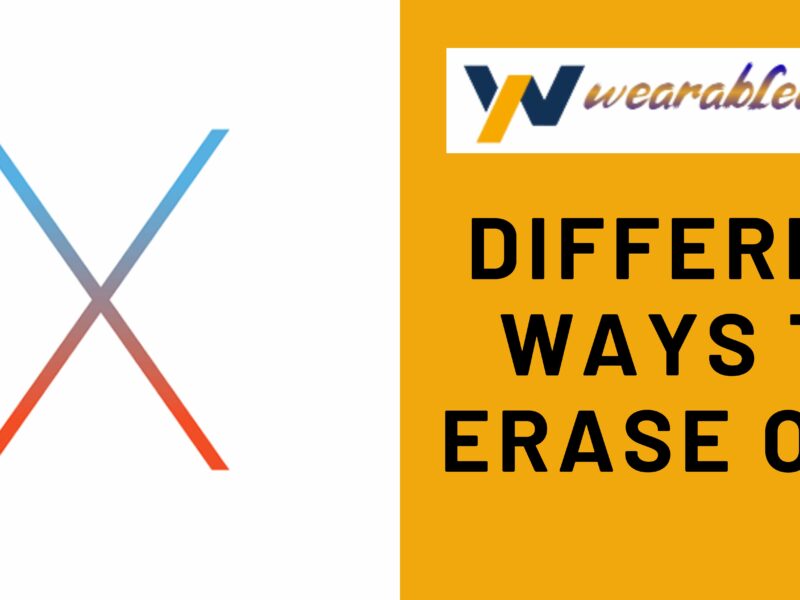If you’re like most computer users, you probably use VLC to view multimedia files like movies and TV shows. But what if you want to watch a VLC video on a different computer, or on a different device like a phone or a tablet? VLC has a built-in transcode feature that can help you do that.
Record your Computer Screen with VLC Media Player | Screen record using VLC
VLC is a powerful tool
One of its features is the ability to decode and encode video.
VLC can be used to encode and decode a wide variety of formats, including MPEG-2, MPEG-4, H.264/MPEG-4 AVC, and more.
Some common uses for VLC include:
-E decoding and encoding of video files
-M decoding and encoding of video files from mobile devices
-P encoding and decoding of video files for portable players
-K encoding and decoding of video files for streaming
VLC is a very versatile tool that can be used for a variety of purposes. Some common uses for VLC include decoding and encoding of video files, converting between different formats, and streaming.
VLC can recode video and audio files
VLC is a cross-platform, open-source multimedia player and converter. It can convert between various formats, including AVI, MP4, MKV, WMV, and many more. It can also convert between audio formats, including MP3, WAV, FLAC, and more.
VLC can also encode video and audio files. It can encode them into MP4, MKV, and AVI files. It can also encode them into WAV and FLAC files.
VLC can convert video and audio files
VLC can play videos and audio files from a variety of sources including video files stored on a local hard drive, DVDs, TV channels, streaming services, and more. VLC can also convert between different formats, including different types of video and audio.
For example, VLC can convert a video from a local hard drive to a format that can be watched on a TV. VLC can also convert videos from a streaming service like Netflix or Amazon Prime into a format that can be watched on a TV.
Overall, VLC is a versatile tool that can be used to play, convert, and share videos and audio files.
VLC can compress video and audio files
When you want to watch a video on your computer, you can use a program like VLC Player to play it back. VLC Player can also help you compress files so you can save them on your computer.
To compress a video, VLC first needs to know the file size. VLC can then use algorithms to reduce the file size.
Here’s an example of how VLC can reduce the size of a video. Say you have a video called MyVideo.m4v that’s 2 minutes and 38 seconds long. VLC can reduce its size by removing any duplicates of video frames, reducing video bitrate, and removing dead space (empty space between video frames). The final file size of MyVideo.m4v after compression will be 1 minute and 38 seconds.
VLC can edit video and audio files
VLC is a media player that can be used to edit video and audio files. It can be used to change the speed, dimensions, colors, and audio tracks of a video or audio file. VLC can also be used to add subtitles to a video or audio file.
VLC can do all of this for free!
- VLC can be used to convert any format to any other format.
- VLC can be used to convert any piece of media to any other piece of media.
- VLC can be used to convert any file format to any other file format.
- VLC can be used to convert any audio format to any other audio format.
- VLC can be used to convert any video format to any other video format.
- VLC can be used to convert any file size to any other file size.
- VLC can be used to convert any quality to any other quality.
Conclusion
vlc recode is a great way to improve your video experience. It is a free and open source software that can be used to convert videos from different formats to watch on your computer or device.



